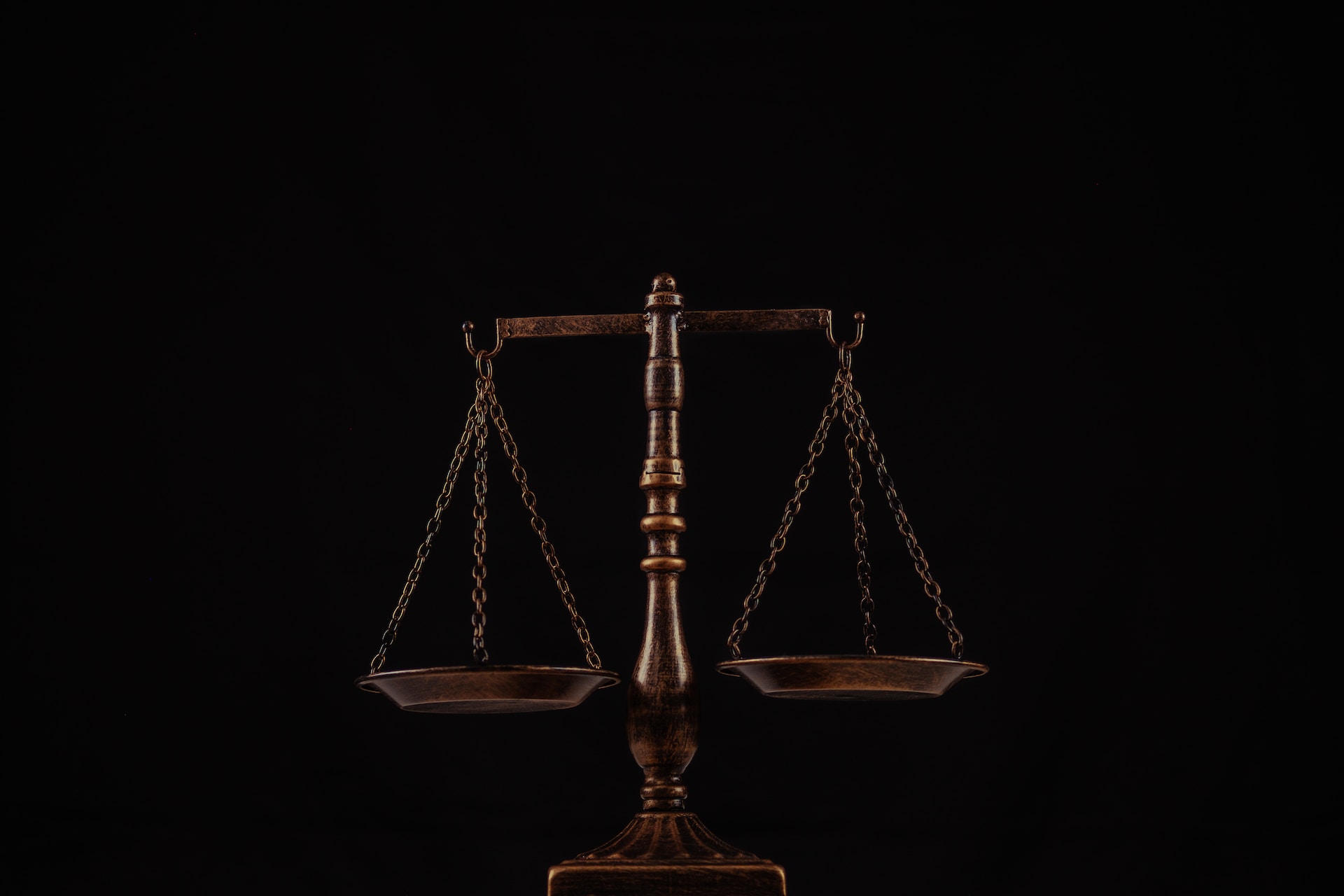Navigating the complexities of liability in a slip and fall accident is crucial for both victims seeking compensation and property owners aiming to uphold safety standards. Understanding the principles of liability is essential in determining who holds legal responsibility for the injuries sustained. Speaking with a premises liability lawyer in Indianapolis, IN (or elsewhere) is essential whilst handling this incident so that the best outcome is achieved.
Understanding Slip and Fall Accidents
Understanding slip and fall accidents is important for both individuals and property owners to ensure safety and prevent potential legal issues. These incidents occur when a person slips, trips, or falls due to hazardous conditions on a property, such as wet floors, uneven surfaces, or inadequate lighting. Slip and fall accidents can lead to serious injuries, ranging from minor bruises to fractures or head trauma.
Recognizing common causes, such as spills not promptly cleaned, poorly maintained walkways, or icy surfaces, is crucial in preventing these accidents. Moreover, property owners have a legal obligation to maintain safe premises and may be held liable for injuries sustained on their property due to negligence. Specialized Atlanta personal injury attorneys suggest that by understanding the causes and implications of slip and fall accidents, individuals can take proactive measures to minimize risks and ensure a safer environment.
Factors for Determining Liability
Determining liability in a slip and fall accident involves examining various factors to establish who bears responsibility for the incident. Key considerations include:
- the property owner’s duty of care
- the injured party’s actions
- the presence of negligence
Property owners have a legal obligation to maintain safe premises and address hazardous conditions promptly. Failure to do so may result in liability if an accident occurs. Factors such as whether the hazard was foreseeable, whether warning signs were posted, and whether reasonable steps were taken to remedy the situation are crucial in assessing negligence.
Additionally, the injured person’s actions, such as whether they were paying attention or acting recklessly, can impact liability. Each slip and fall case requires a thorough investigation of the circumstances surrounding the accident which is an essential part in determining who is legally responsible for the injuries sustained.
Legal Responsibility of Property Owners
In slip and fall accidents, property owners hold a significant legal responsibility to ensure the safety of their premises for visitors. This duty of care extends to maintaining the property in a reasonably safe condition, promptly addressing any hazards or dangers that may arise, and adequately warning visitors of potential risks. Property owners are expected to regularly inspect their premises for potential hazards such as slippery floors, uneven surfaces, or obstructions in walkways.
Failure to fulfill these responsibilities could result in legal liability if an accident occurs. Additionally, property owners may be held accountable for injuries sustained on their premises due to negligence, which could include failing to fix a known hazard or neglecting to provide adequate warning signs. Understanding and upholding the legal responsibilities as a property owner is necessary to prevent slip and fall accidents and mitigate the risk of facing legal repercussions.
Comparative Negligence in Slip and Fall Cases
In slip and fall cases, the concept of comparative negligence plays a significant role in determining liability and assigning responsibility between the parties involved. Comparative negligence recognizes that both the property owner and the injured individual may contribute to the accident to some degree. This legal doctrine allows courts to consider the actions or negligence of both parties when assessing liability.
For instance, if a person slips and falls on a wet floor in a store but was also distracted and not paying attention to warning signs, their own negligence may be taken into account. In such cases, the compensation awarded to the injured party may be reduced based on the percentage of fault assigned to them. Comparative negligence serves to promote fairness and accountability in these types of injury cases by acknowledging the shared responsibility between property owners and individuals for their own safety.

